India
Arnold Mutombo Muamba is a 29-year-old Congolese IT student, who has been living in the Indian capital of New Delhi since 2011.
And like many other Africans living in the country, he refuses to give in to fears of racist attacks, like the one suffered by one of his friends who was recently beaten and insulted by security guards.
“They took our friend to the basement. They beat him up. He sustained two fractures and is going to stay out of class for at least a year,” he says.
Nearly 30,000 Africans living in the Indian capital can tell tales of regular harassment and humiliations that they suffer daily.
The situation has prompted the Indian foreign ministry to launch an “awareness campaign” in neighborhoods inhabited by Africans.
“We urge everyone to contact the police at the slightest incident. We will be there, and we will try to resolve things without going through legal action, in minor cases or where there are misunderstandings,” says New Delhi’s senior police chief.
Tension has risen in recent weeks after the killing of a Congolese student late May in the capital. An episode that has left only traces and forced most Africans to leave the neighborhoods.
Indian Prime Minister Narendra Modi is currently on a four-nation tour of southern Africa, as he attempts to amend ties in the Indo-African relationship.





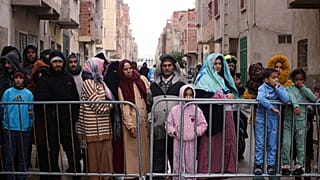


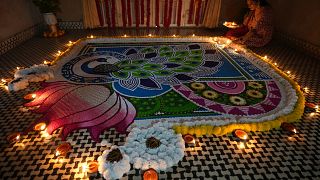
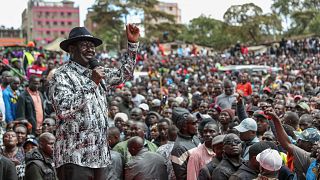
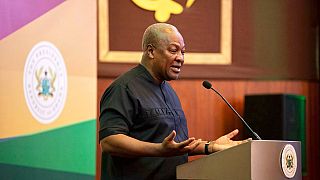
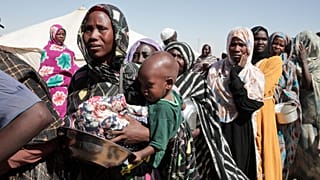
01:12
Mozambique: surge in violence displaces more than 100,000 people
01:11
Malaria deaths, cases surged in 2024 with gains at stake - Report
01:45
Somalis criticise Trump's remarks calling them 'garbage' as racist
00:00
Pope Leo says he hopes to visit Africa in 2026 as he wraps up his first foreign trip
01:09
UNAIDS urges global unity in World AIDS Day call to action
00:45
Flights cancelled as Ethiopia volcanic ash plumes drift towards India